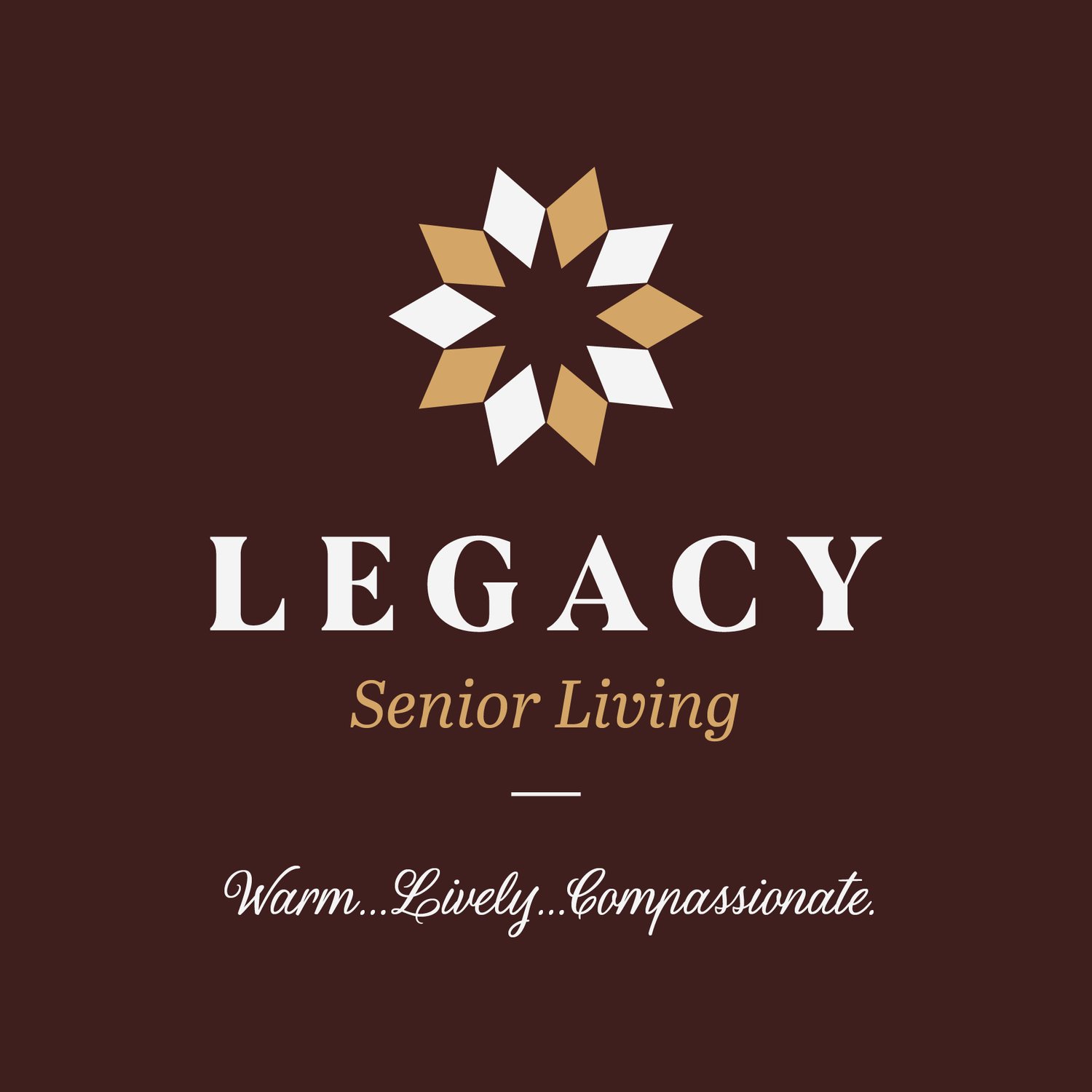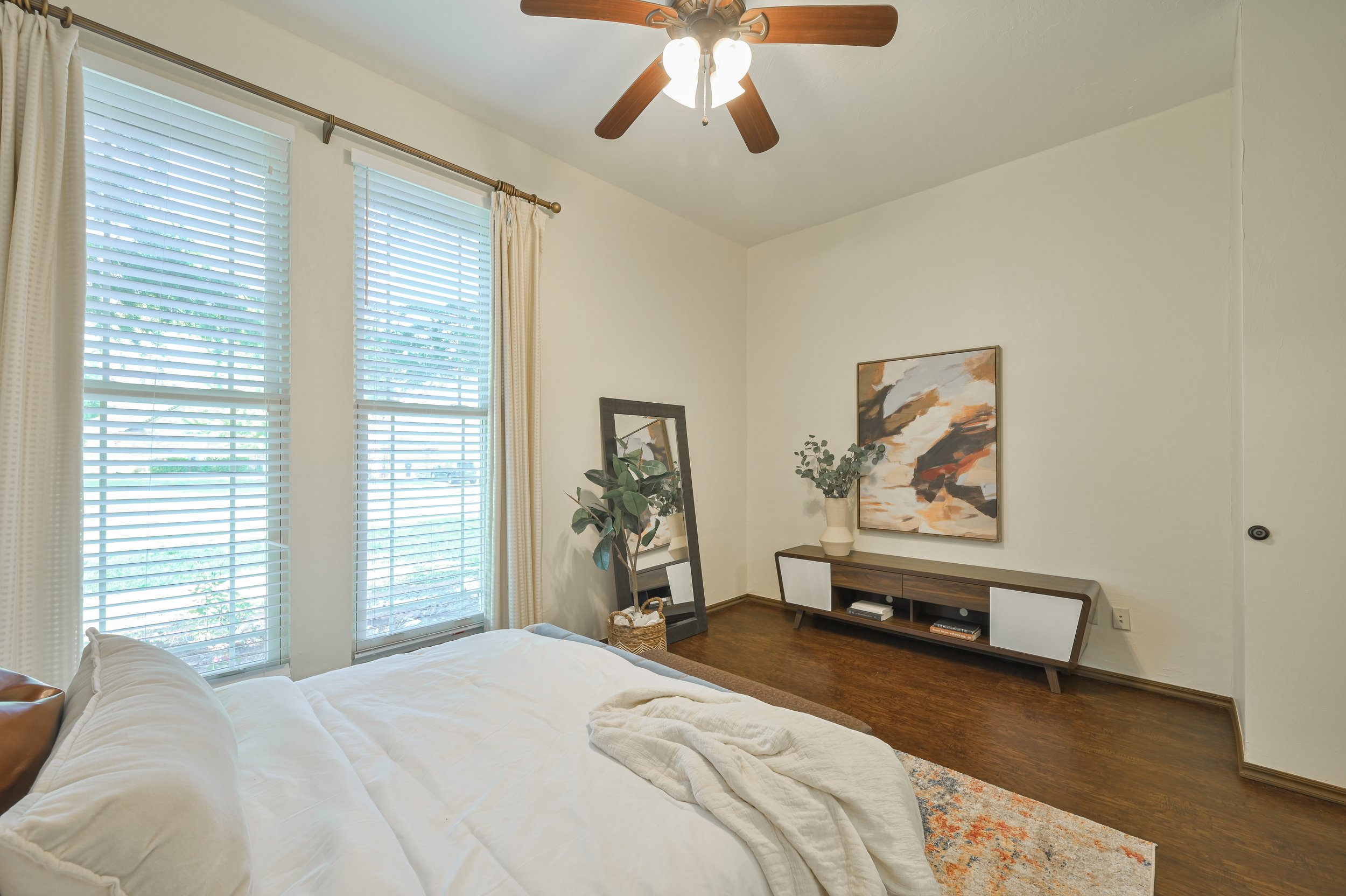Residential Assisted Living - Modern solutions to classic values
Finding holistic care today - Residential Assisted Living provides modern solutions to timeless needs.
Powerful stories exchanged across generations
Yesterday I had the pleasure of talking to a nurse who started her career in 1968. She discussed the profound changes across the healthcare industry which has changed the tactics however the principles of care remain the same.
She mentioned that in 1968 when someone needed help with caring for a loved one they could check a loved one into the emergency room and the hospital would provide care, nourishment, and testing for a holistic care experience. This would allow families and friends to take care of additional matters. This is known as respite care today. She discussed the impacts of Medicare shifting to DRGs in 1984 and how that affected hospitals from providing that care. She then talked about the recent shift (also a way to offer less service for the same amount of money through centralized payment models) with the Affordable Care Act to bundled payments and how that is affecting access to care from Medicare. The payment model is only one pillar in planning.
Residential Assisted Living is a modern solution to provide holistic care in a home. The need to care for our loved ones has not changed from 1968 to the present. Here is an overview of what that holistic care looks like.
Creating a holistic approach in a residential assisted living facility involves considering the physical, emotional, social, and mental well-being of the residents. This approach focuses on providing comprehensive care that takes into account all aspects of a person’s life. Here are highlights of what to consider in a holistic approach:
Person-Centered Care: Treat each resident as an individual with unique needs, preferences, and histories. Involve them and their families in care planning, ensuring that their voices are heard and respected.
Physical Well-being:
Provide nutritious meals tailored to residents' dietary needs and preferences.
Ensure proper medication management and regular medical check-ups.
Create opportunities for physical activities appropriate to residents' abilities, such as gentle exercises, walks, or yoga.
Emotional and Mental Health:
Offer activities that stimulate cognitive function, such as puzzles, games, and memory exercises.
Provide spaces for relaxation and reflection.
Arrange for mental health services, counseling, or therapy if needed.
Encourage social interactions to prevent feelings of isolation.
Social Engagement:
Organize group activities like crafts, book clubs, music sessions, and outings to promote social interaction.
Create communal spaces that encourage residents to engage with one another.
Celebrate holidays, birthdays, and special occasions as a community.
Spiritual Well-being:
Respect residents' spiritual and religious beliefs, providing space for prayer or reflection.
Arrange for religious services or visits from spiritual leaders if desired.
Environmental Considerations:
Design the living space to be comfortable, safe, and aesthetically pleasing.
Incorporate natural elements like plants and outdoor spaces for relaxation.
Training and Staffing:
Train staff in empathy, active listening, and effective communication.
Ensure that staff members understand the importance of the holistic approach and are dedicated to its implementation.
Family Involvement:
Encourage families to be active participants in their loved one's care and well-being.
Provide regular updates on their family member's status and involve them in decision-making.
Recreational and Therapeutic Activities:
Offer a variety of activities that cater to different interests and abilities.
Incorporate music therapy, art therapy, pet therapy, and other forms of engagement.
Regular Assessments and Adaptation:
Continuously assess residents' needs and preferences, adjusting the care plan as required.
Stay updated on the latest best practices in senior care and adapt your approach accordingly.
Collaboration with Professionals:
Partner with medical professionals, therapists, nutritionists, and other experts to provide comprehensive care.
Documentation and Communication:
Maintain thorough records of residents' care plans, progress, and preferences.
Foster open communication between staff, residents, and their families.
Remember that a holistic approach requires flexibility and a deep understanding of each resident's unique situation. Regular feedback from residents and their families helps refine and improve holistic care models over time.
Despite the rapid changes in the world make sure to explore how your plan incorporates these elements into your loved one’s care!
Until next time ~ Here is to your health!
~ Katie
Senior Care Planning Check List
Creating a comprehensive senior care plan involves careful consideration of various aspects to ensure the well-being and quality of life of your loved one. Here's a checklist to guide you through the process:
At Legacy Senior Living our mission is to transform the aging process through the comfort of home by walking alongside our residents and providing compassionate, personalized care. This starts with a comprehensive plan. Below is a checklist you can use with your family to guide you through this process. You can always call us at (405) 438-3157 for additional resources to help you navigate this process.
Assessment and Planning:
Evaluate Care Needs:
Determine the level of care required (e.g., independent living, assisted living, nursing home, home care). Free guide available here: https://www.legacyseniorhomes.com/care-assessment
Assess medical needs, mobility, cognitive abilities, and daily living skills.
Financial Planning:
Review savings, insurance, pensions, and other income sources.
Engage local resources for support in identifying any assistance programs.
Legal and Documentation:
Ensure the senior has an updated will, power of attorney, and advanced healthcare directive.
Organize legal documents (birth certificate, insurance policies, Social Security card).
Medical Considerations:
Compile a list of medical conditions, medications, and allergies.
Choose a primary care physician and specialists.
Discuss end-of-life wishes and medical preferences.
Living Arrangements:
Housing Options:
Determine if staying at home is feasible or if assisted living/nursing home is required.
Explore home modifications for safety and accessibility.
Home Care Services:
Research in-home care agencies or caregivers.
Discuss the need for assistance with daily activities, such as bathing, dressing, cooking, and cleaning.
Healthcare:
Medical Providers:
Establish a relationship with healthcare professionals.
Schedule regular check-ups and screenings.
Medication Management:
Set up a medication schedule and system (e.g., pill organizer, medication reminders).
Consider a pharmacy that offers medication synchronization.
Emotional and Social Well-being:
Social Engagement:
Encourage participation in social activities, clubs, or senior centers.
Explore opportunities for hobbies and interests.
Mental Health:
Arrange mental and emotional support if needed (counseling, therapy, support groups).
Encourage brain-stimulating activities (puzzles, games, reading).
Safety and Security:
Fall Prevention:
Make home modifications to prevent falls (grab bars, non-slip rugs, adequate lighting).
Encourage use of mobility aids if necessary (walker, cane).
Emergency Preparedness:
Create an emergency contact list.
Install medical alert systems or wearable devices.
Nutrition and Lifestyle:
Healthy Diet:
Ensure a balanced diet that meets nutritional needs.
Address dietary restrictions or allergies.
Physical Activity:
Encourage regular exercise based on capabilities.
Consider physical therapy or adaptive exercise programs.
Transportation:
Transportation Options:
Arrange transportation for medical appointments, social outings, and errands.
Driving Assessment:
Evaluate driving abilities and consider driver safety programs.
Better With Age Fun Day at NorthPark Mall
Do you have questions about how to age in the comfort of home? Mark your calendars to meet Katie at the Better With Age Conference to learn about 9 things you can do today to help you successfully age in the comfort of home.
Our good friends at Caregiver Magazine are hosting the Better with Age Fun Day at NorthPark Mall on October 12th from 9am - 1 pm. Katie our administrator will be there to meet folks discussing how you can build a plan to age in the comfort of home. We may not have any rooms available in our Pioneer home by October 12th so make sure to give her a call today if you need a solution now. We will have more availability closer to December.







